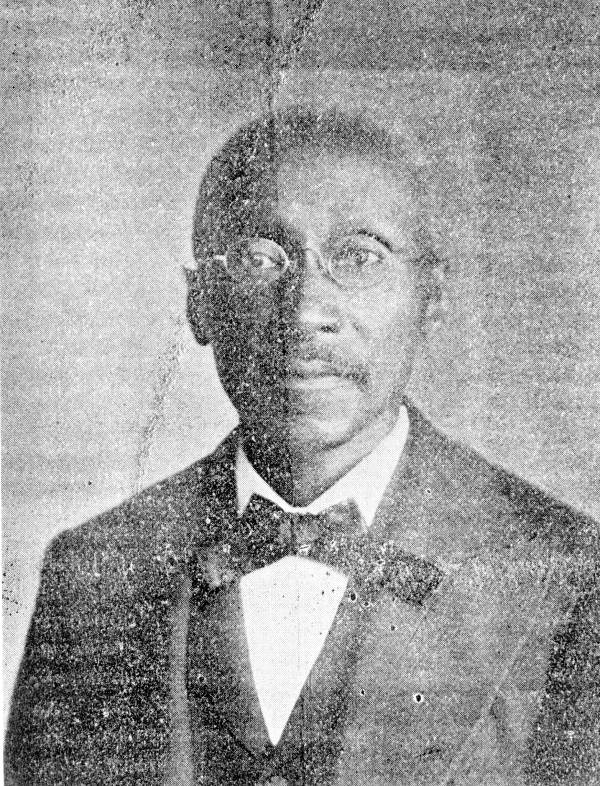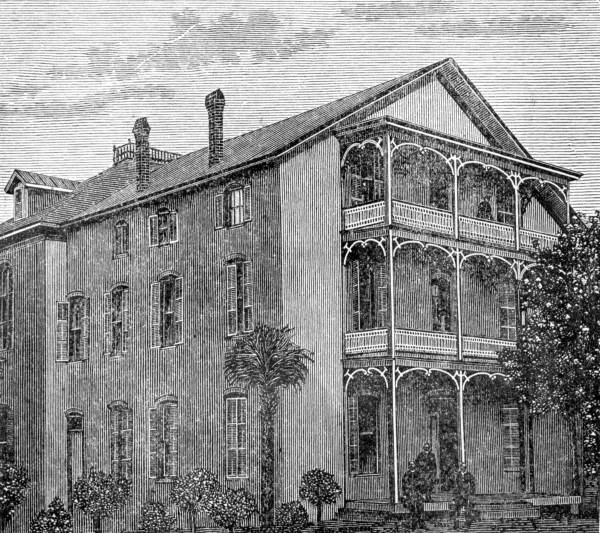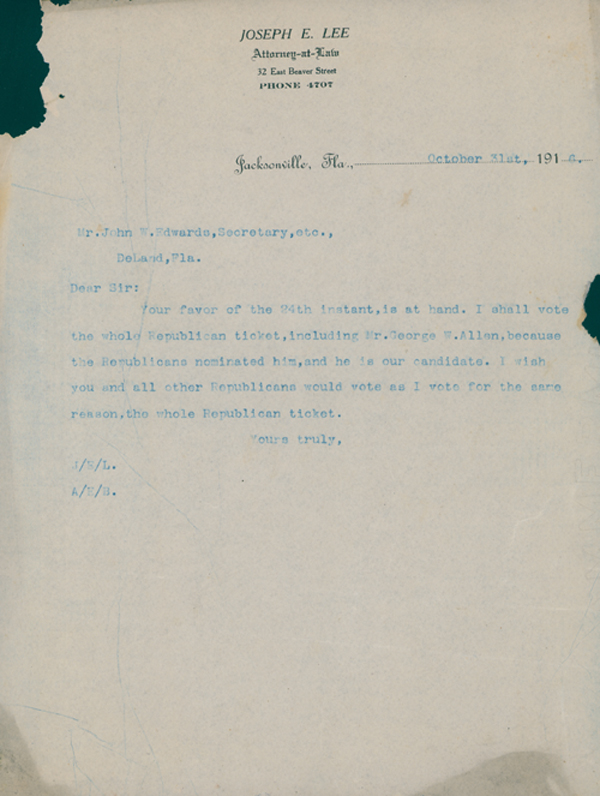Description of previous item
Description of next item
Jacksonville's First African-American Lawyer: Joseph E. Lee
Published June 6, 2014 by Florida Memory
Joseph E. Lee was one of the most influential African-American men in Florida during the late nineteenth and early twentieth centuries. For over four decades, Lee worked as a public servant, acting at various times as a state legislator, a lawyer, federal customs collector, and educator.
Lee was born in Philadelphia in 1849, and graduated from Howard University with a law degree in 1873. He moved to Florida that same year and was admitted to the bar, making him the first African-American lawyer in Jacksonville, and one of the first in the state. He served in the Florida House of Representatives from 1875 to 1879, and in the State Senate from 1881 to 1882. In April 1888, Lee was elected Municipal Judge of Jacksonville, the first African-American to have this honor. Around this time he also served as the dean of the law department of Edward Waters College, an African-American institute of higher learning formed in 1866 to educate freed former slaves. Lee would remain a trustee of the college for over thirty years.
Joseph Lee also participated in state and local politics, serving as Chairman of the Duval County Republican Party and secretary of the party’s statewide organization for nearly forty years. The Joseph E. Lee Papers housed at the State Archives of Florida (Collection M86-027) contain dozens of letters from around the state asking for Lee’s counsel on matters regarding political strategy. The two letters below pertain to a particularly dramatic situation in 1916, in which the Democratic vote for the governorship of Florida was split between two candidates, Sidney J. Catts and William V. Knott. Republicans hoped that with the Democratic vote divided as it was during the primary, the Republican candidate, George W. Allen, would have a good chance of winning the general election. Republicans were almost never elected to statewide offices during this period, as their African-American supporters were generally restricted from voting, and white voters overwhelmingly supported the Democratic Party. In the first letter, John Edwards of DeLand asks Lee how he should advise the Republican voters of his county since their candidate, Allen, was reputed to be from the “lily-white” faction of the party that favored a conservative approach to African-American civil rights. In the second letter, Lee replies that despite Allen’s positions in this regard, he would be voting the entire Republican ticket, Allen included, and he hoped the Republicans of DeLand would do the same.
Joseph E. Lee died March 25, 1920, but his leadership was remembered in a number of lasting tributes. Civil rights leaders James Weldon Johnson and A. Phillip Randolph both remembered Lee as having been a memorable influence on their lives, and to this day a Joseph E. Lee Republican Club still operates in Jacksonville.
Who are the leading lights from your community or county? Search Florida Memory to find photos and documents of other great Floridians like Joseph E. Lee.
Cite This Article
Chicago Manual of Style
(17th Edition)Florida Memory. "Jacksonville's First African-American Lawyer: Joseph E. Lee." Floridiana, 2014. https://www.floridamemory.com/items/show/295182.
MLA
(9th Edition)Florida Memory. "Jacksonville's First African-American Lawyer: Joseph E. Lee." Floridiana, 2014, https://www.floridamemory.com/items/show/295182. Accessed March 4, 2026.
APA
(7th Edition)Florida Memory. (2014, June 6). Jacksonville's First African-American Lawyer: Joseph E. Lee. Floridiana. Retrieved from https://www.floridamemory.com/items/show/295182

 Listen: The Assorted Selections Program
Listen: The Assorted Selections Program



